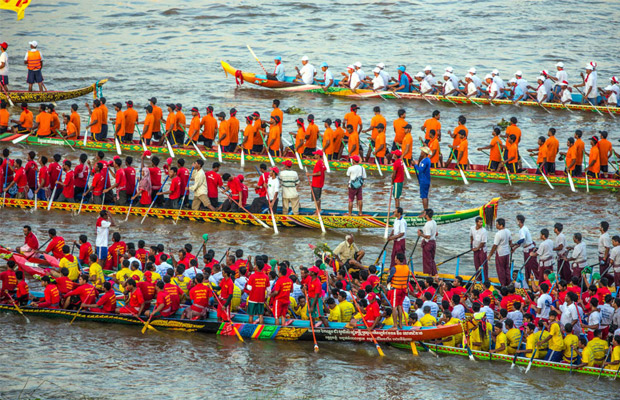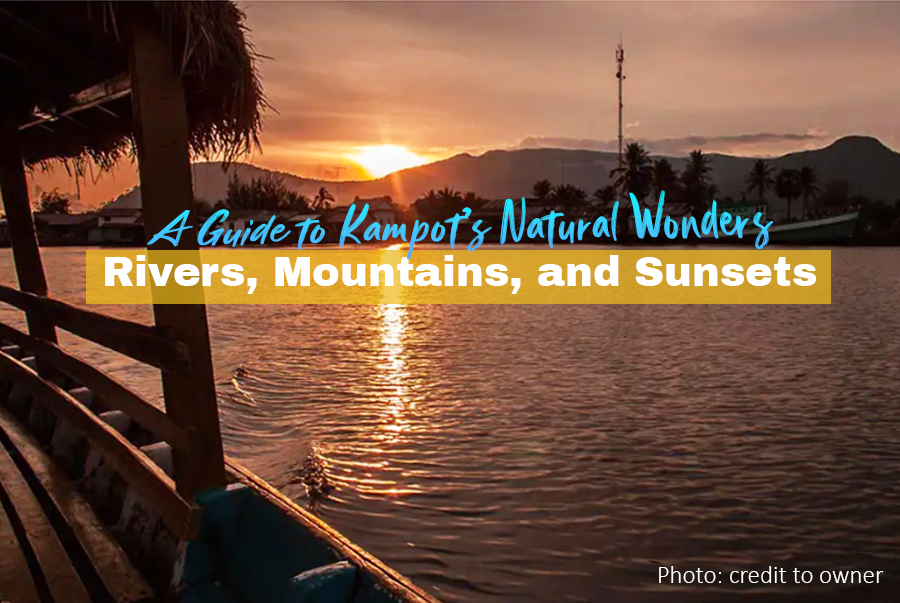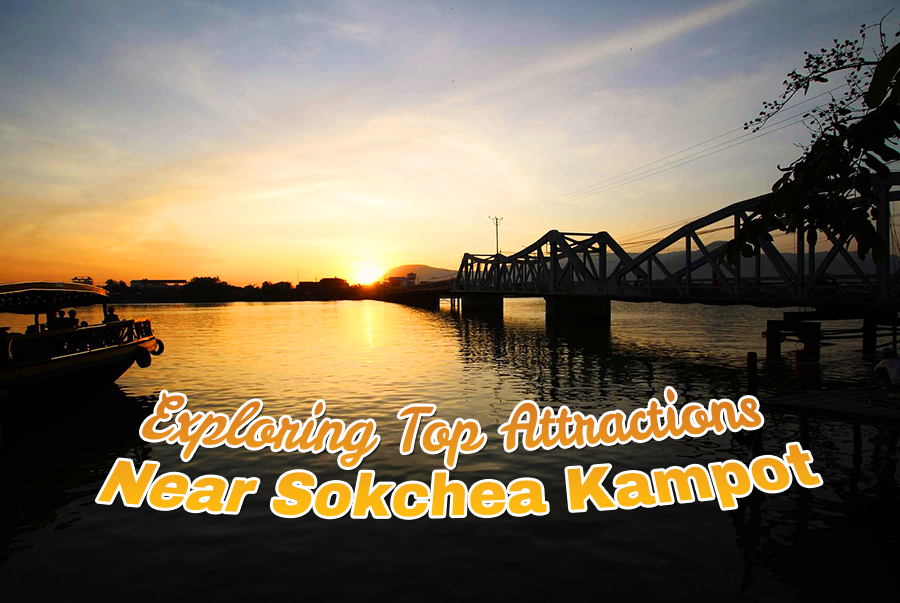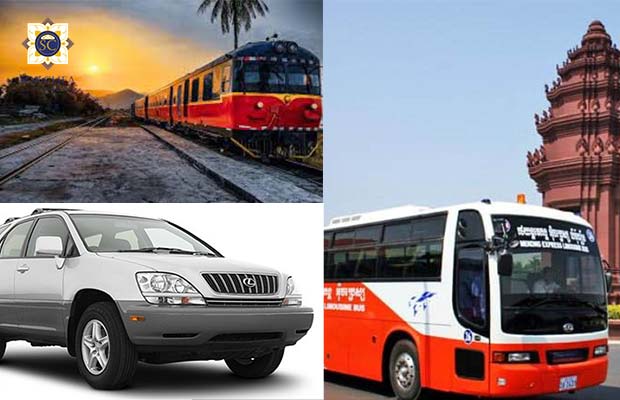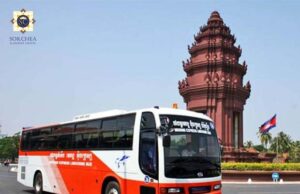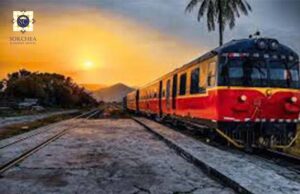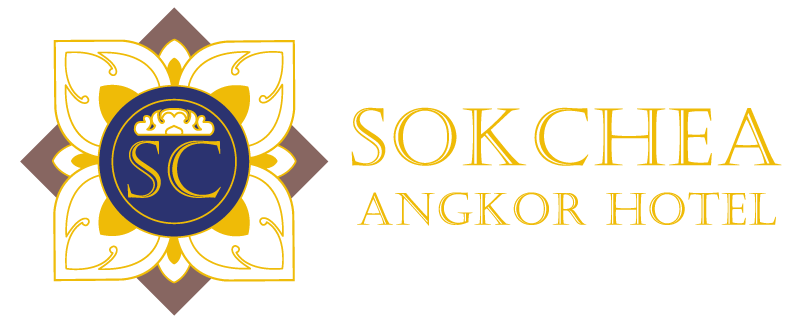Kampot, a tranquil riverside town in southern Cambodia, is known for its colonial charm, pepper farms, and scenic mountain views. Yet beyond its relaxed atmosphere, Kampot hosts a variety of festivals and events that showcase its vibrant culture and growing creative scene. For visitors, these celebrations offer an enriching way to connect with local traditions and the community spirit.

One of the most anticipated events is the Kampot River Festival, which brings together athletes, performers, and food vendors for a lively weekend along the riverside. Featuring boat races, dance shows, and artisanal markets, the festival celebrates the province’s natural beauty and cultural diversity. Equally notable is the Cambodian Kite Festival, where traditional kites known as khleng ek fill the sky. This event highlights an important aspect of Khmer heritage while offering spectacular visuals for onlookers.
Food lovers shouldn’t miss the Kampot Pepper Festival, a tribute to the region’s world-renowned pepper. Visitors can enjoy cooking demonstrations, pepper tastings, and farm tours that reveal the spice’s journey from vine to table. Meanwhile, the Kampot Writers and Readers Festival attracts creatives from around the world, transforming the town into a hub of storytelling, music, and discussion.
Additionally, Kampot’s many music and art events, often hosted in its boutique bars and eco-resorts, provide travelers with intimate cultural experiences year-round. Whether you’re drawn to food, arts, or traditional performances, Kampot’s festivals offer a rich blend of local flavor and creativity. Attending these events will leave any visitor with unforgettable memories of Cambodia’s vibrant arts and cultural scene.

